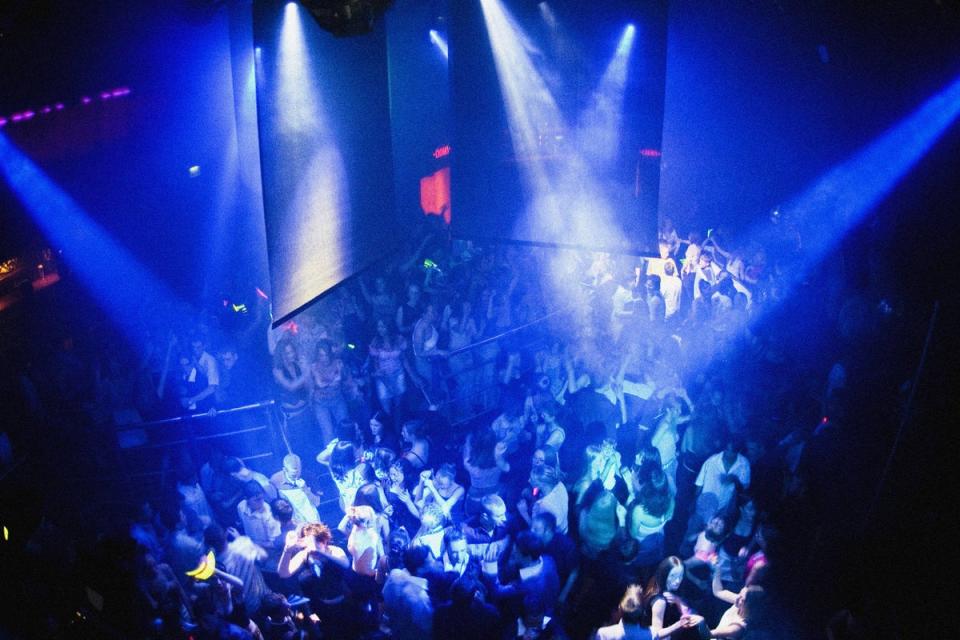Devastating new report reveals 3,000 clubs, bars and pubs have shut in London since the pandemic

The devastating scale of the crisis that has engulfed the late night economy in and around London since the start of the pandemic was laid bare today by new figures showing more than 3,000 nightclubs, bars and pubs have been forced to close down.
Latest data from the Night Time Industries Association (NTIA) reveals that 3,011 businesses have shut in the capital and the commuter belt - far more than any other region - since March 2020.
Across the UK as a whole 13,793 night time economy businesses have been lost up to December 2023, more than 15% of the total, in an unprecedented wave to failures.
Nightclubs have been particularly badly hit with numbers down by more than a third across the country, according to the NTIA.
The sector suffered from a double whammy of lengthy lockdowns during the pandemic and crippling post-Brexit staff shortages when premises were allowed to open.
Since then new challenges have included rocketing energy bills and other costs, a cost of living crisis that has meant many young people have been priced out of late night bars and clubs, a generational decline in drinking, heavy debts and spiralling rate and rent bills. Other factors have included lack of reliable late night public transport and a perception that violent crime is increasing
The NTIA’s CEO Michael Kill, said operating costs are up typically by 30% to 40% from the levels of our years ago.
He said: “There has been a lot of crowing about London doing well but I hear a lot of businesses saying “I don’t know what figures you’re looking at but it really isn’t going well.”
Well known venues that have shut include G-A-Y Late and the Borderline in Soho, The Coronet in Elephant & Castle and Club 414 in Brixton. One of London’s biggest nightclubs, Printworks in Surrey Quays, shut at the start of 2023, although the venue us set to return as a cultural centre as part of a regeneration of the area by developers British Land.
A breakdown of the NTIA figures shows that 1165 of the London region closures were in the capital itself and the rest in surrounding home counties towns.
Entrepreneur Jonathan Downey, who was forced to close his Soho late night bar Milk & Honey by Covid trading restrictions in September 2020, said over zealous councils refusing to grant late night licences to new and upcoming independent operators was also killing the sector. He said:”That means there is no new blood coming in, so the new next exciting thing just doesn’t happen.”
Alarmingly he said operators in London had told him of “tanking” sales down as much as 20% over recent weeks suggesting that the crisis is far from over.
Mr Kill added: “These figures are a stark reminder of the devastation caused by the last 3 years, and will without doubt anger and frustrate people within the sector.”
“However, in the face of adversity, resilience prevails. We are dedicated to supporting our members and championing policies that foster recovery and growth.”
“As we confront the aftermath of the pandemic and ongoing operational challenges, it’s essential to acknowledge the resilience and diversity among businesses in our sector.”
“Our sector has been neglected twice by the Government in financial support during Budget allocations, subjected to political manoeuvres aimed at securing votes.”
“These statistics unmistakably reflect the crisis gripping our sector, leaving the Government with no choice but to take decisive action.”

 Yahoo Finance
Yahoo Finance 